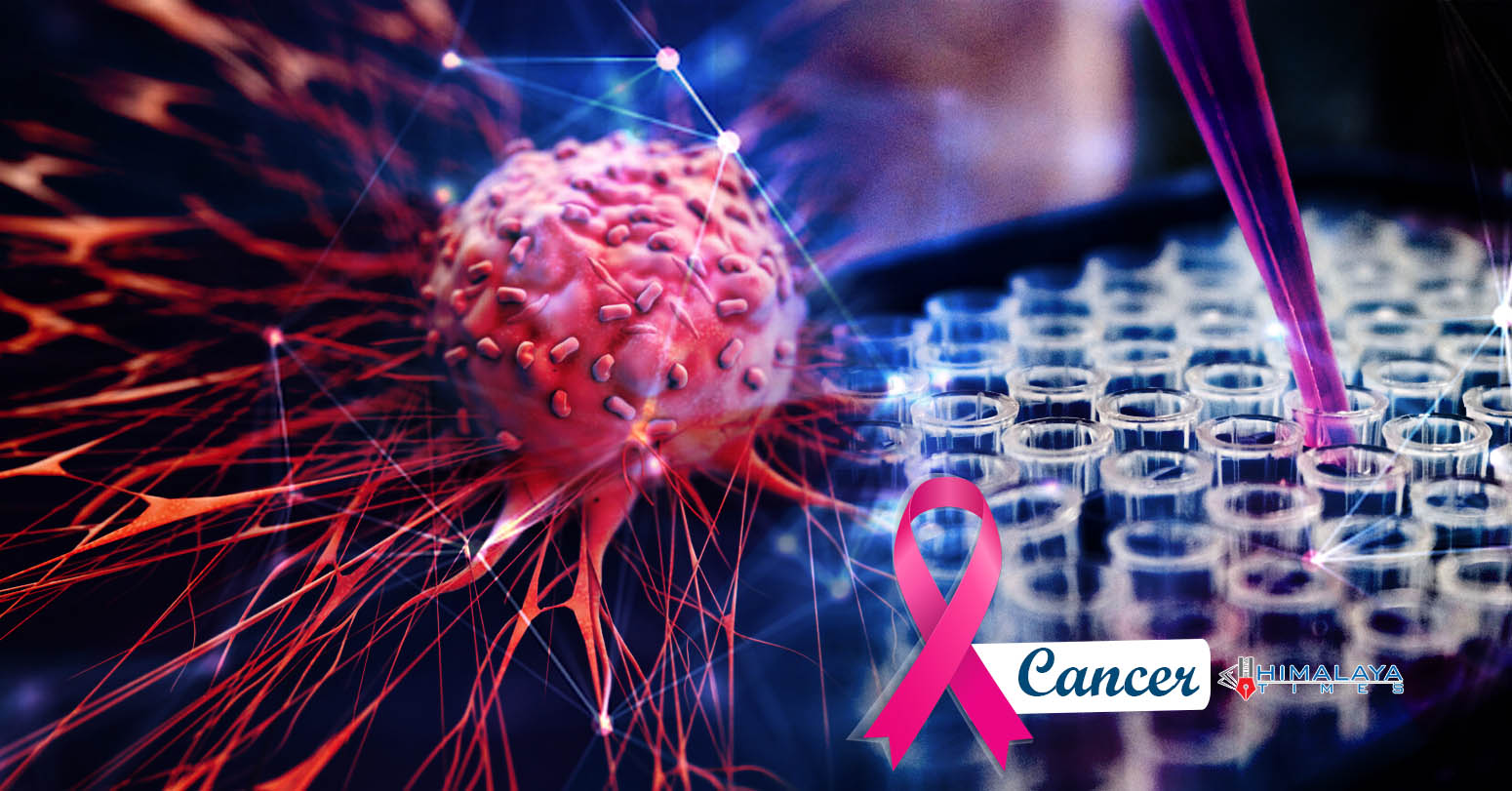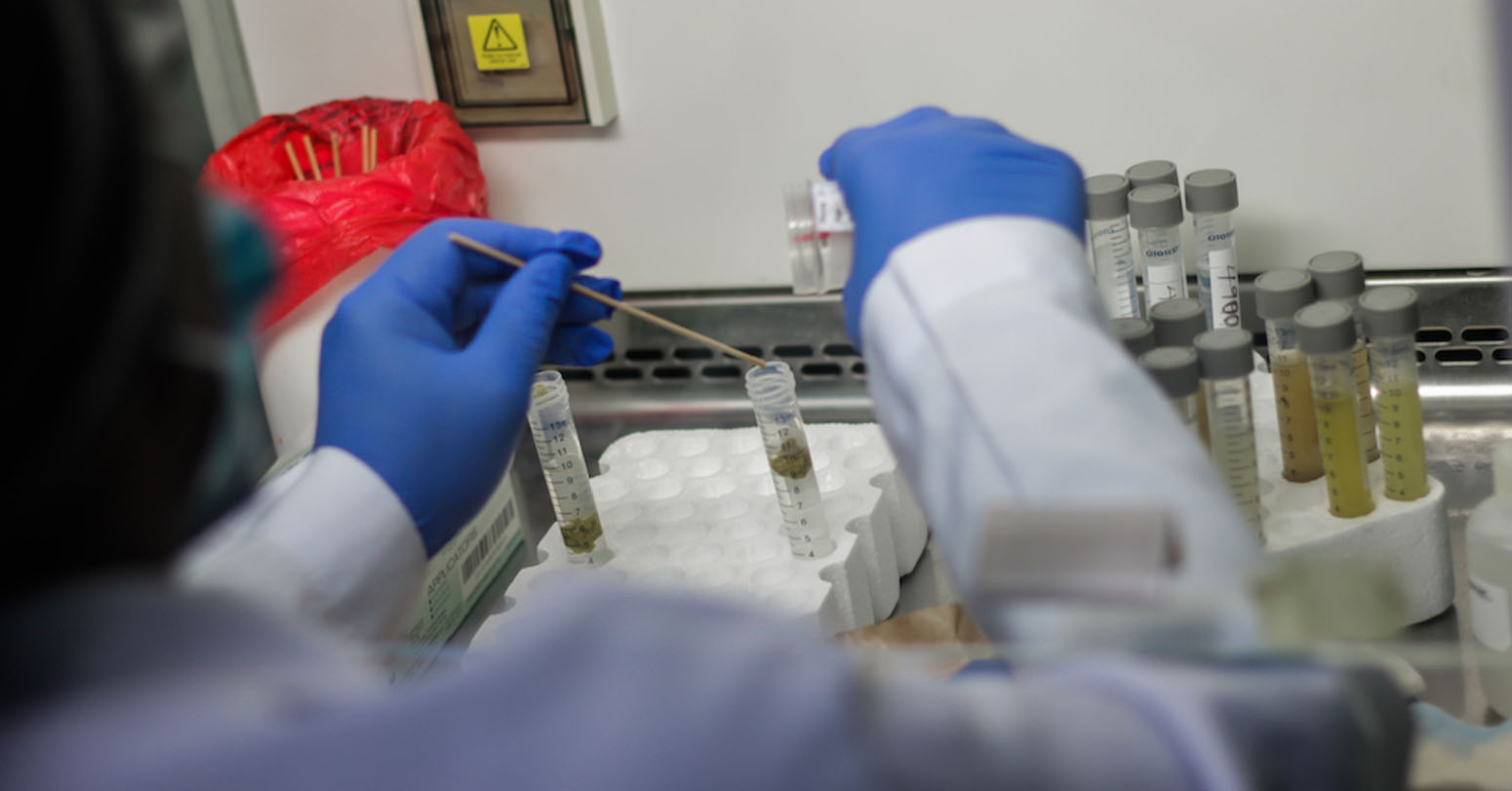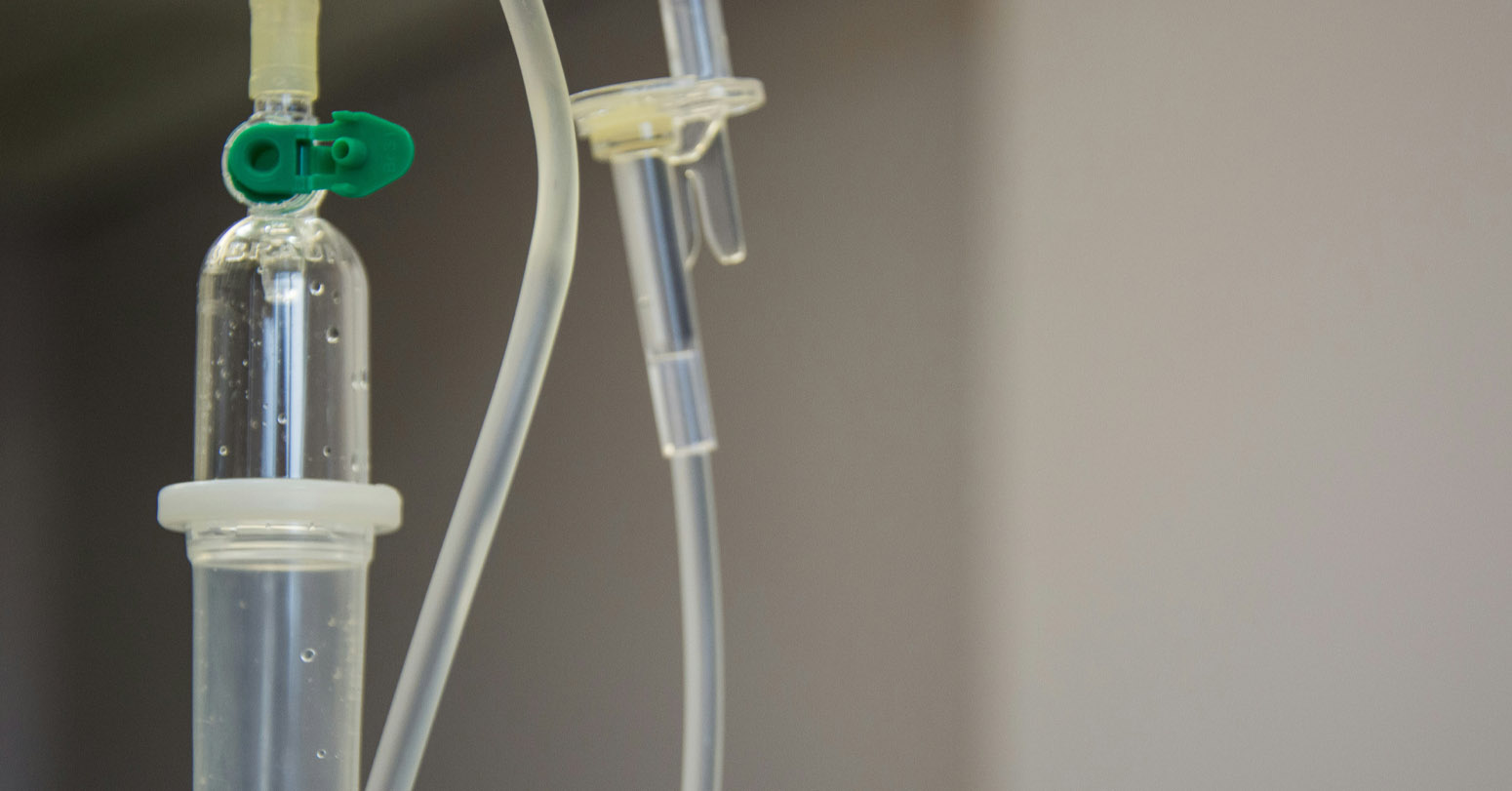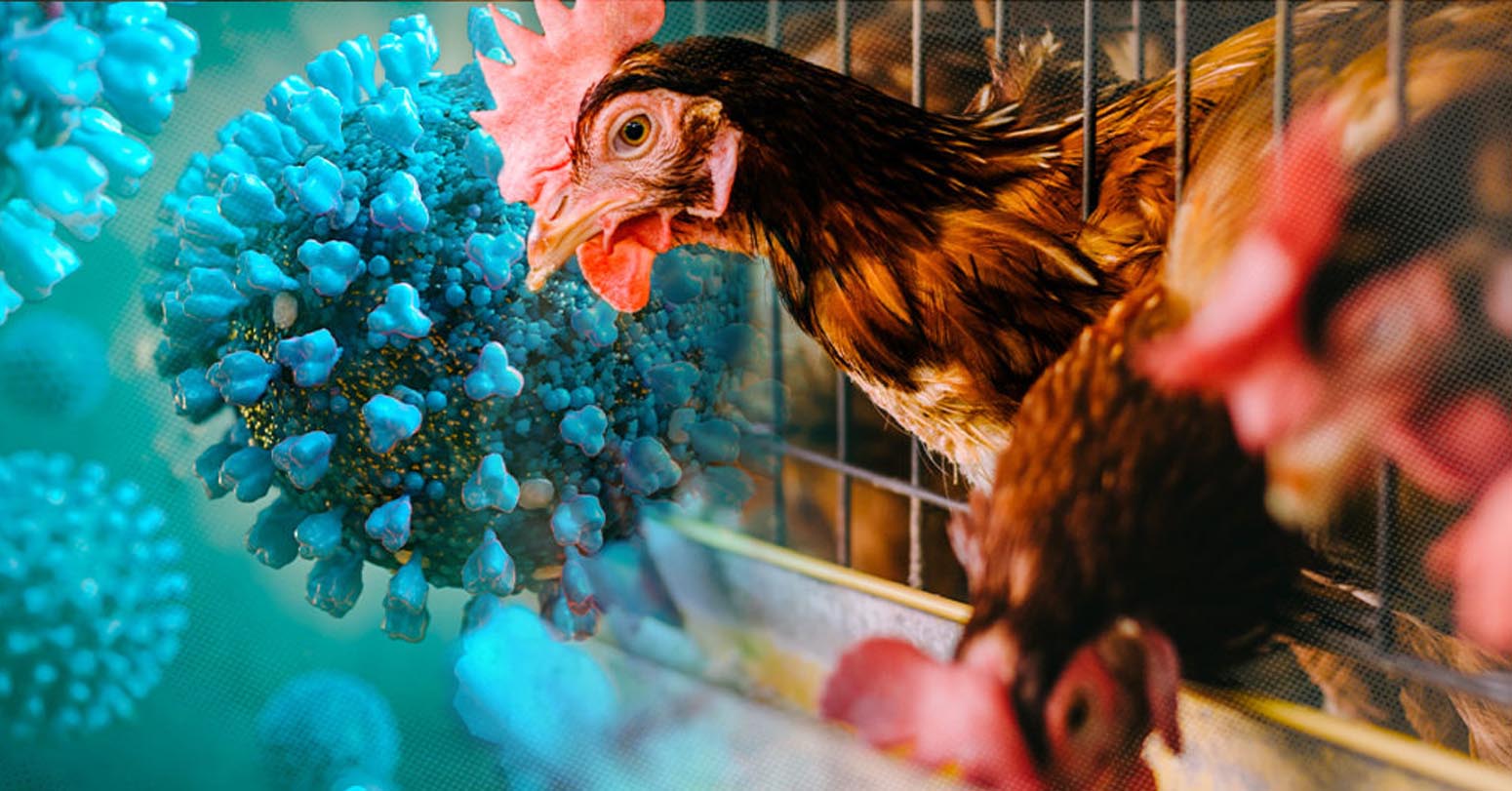Cancer is a leading cause of death worldwide, accounting for nearly 10 million deaths in 2020, or nearly one in six deaths. The most common cancers are breast, lung, colon and rectum and prostate cancers, according to WHO.
The most common in 2020, in terms of new cases of cancer, were breast (2.26 million cases); lung (2.21 million cases); colon and rectum (1.93 million cases); prostate (1.41 million cases); skin (non-melanoma) (1.20 million cases); and stomach (1.09 million cases).
The most common causes of cancer death in 2020 were lung (1.80 million deaths); colon and rectum (916 000 deaths); liver (830 000 deaths); stomach (769 000 deaths); and breast (685 000 deaths).
World Cancer Day is observed on the 4th of February each year by promoting cancer awareness and encouraging governments and individuals to take action against it.
The main cause of cancer is mutations, or changes to the DNA in your cells. Genetic mutations can be inherited. They can also occur after birth as a result of environmental forces.
According to WHO, about 33 percent of cancer deaths may be caused by tobacco, alcohol, high body mass index (BMI), low fruit and vegetable consumption, and not getting enough physical activity.
The risk of developing cancer also increases with age. In general, the risk of developing cancer appears to increase until the age of 70 to 80 and then diminish.
Knowing your risk factors is crucial to make better lifestyle decisions which enhance your well-being. Here are some common risk factors you should watch out for.
- Tobacco
- Lack of physical activity
- Obesity
- Poor diet
- Exposure to air pollution
- Exposure to radiation
- Excess UV light exposure, such as sun exposure
Cancer sign and symptoms may be harder to detect early and may not show symptoms until the later stages. Some are:
- Lumps or growths on the body
- Unexplained weight loss
- Tiredness and fatigue
- Pain
- Night sweats
- Changes in digestion
- Visible changes in skin
- Fever
- Cough
If you have a family history of cancer or have a high risk of developing cancer, it is important to follow a doctor’s screening recommendations. Screenings may help detect cancer early when it is easier to treat.
Specific types of cancers often have unique warning signs. It is best to contact a doctor for a diagnosis, if one is experiencing unexplainable symptoms. The treatment plan and outlook for people with cancer can depend on the type of cancer, the stage at which it is diagnosed, and their age and general health.

















Comprehensive Data Protection Law Critically
Gender Differences In Mental Healthcare
Messi Wins Best FIFA Men’s
Erosion of Democracy
Fly Dubai Catches Fire in
“Complexities of the South Asian